Fair Lending & Asset Building
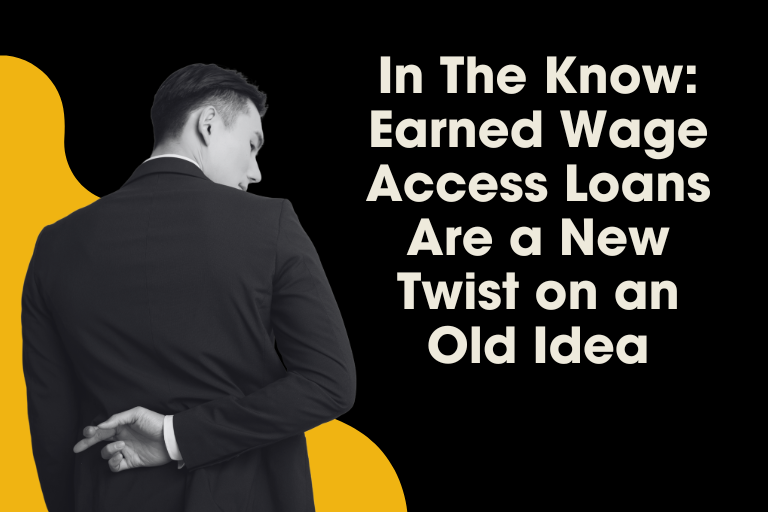
In The Know: Earned Wage Access Loans Are a New Twist on an Old IdeaColorado’s financial progress is being jeopardized by new, unregulated high-cost loans, where individuals get short-term, small-dollar advances, borrowing against their future paycheck and leading to cycles of debt.
|

Progress on Financial Empowerment in ColoradoThe Office of Financial Empowerment is making valuable progress in building the statewide infrastructure necessary to ensure the financial well-being of Colorado families and communities.
|
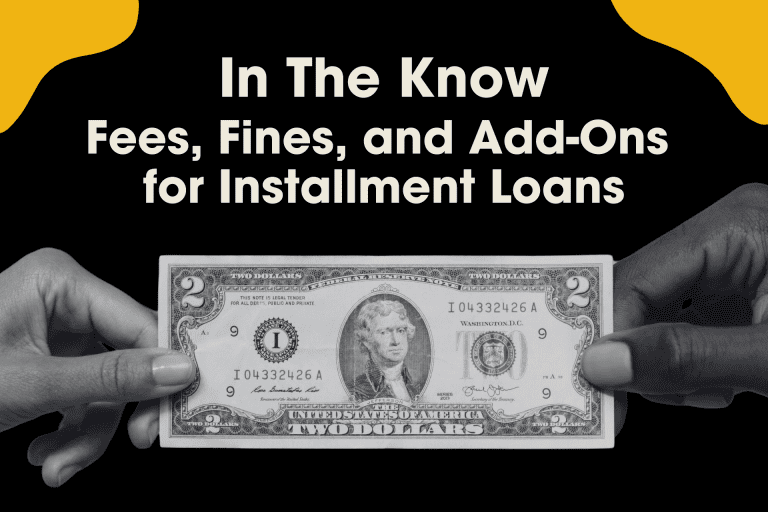
In The Know: Fees, Fines, and Add-Ons for Installment LoansAdd-on costs and fees are a growing concern for Coloradans and they're beginning to appear in more and more places. These additional charges quickly add up and exacerbate financial challenges for consumers.
|
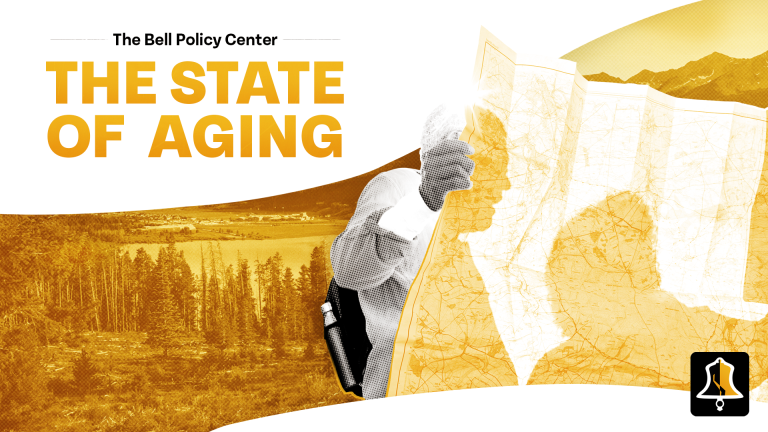
The State of Aging in ColoradoThe first of its kind, this new report provides deep data analysis and research to identify gaps and also provides a long-term benchmark to measure future progress.
|

Dismantling Effective Consumer Protections: The Wrong Path for ColoradoColorado’s current lending protections are meaningful, valuable, and time tested. Weakening them at the behest of the predatory lending industry will cause irreparable harm across our state.
|

Why a Statewide Strategy on Financial Empowerment is NeededLearn more about what an office of financial empowerment would look like and do in Colorado by reading our latest brief.
|

Race, Taxes, & Colorado's Regressive Tax CodesThrough new analysis, we hope to use further data to examine how Colorado can develop a fair tax code that provides adequate funding for public investment as well as ensures tax codes are designed in an equitable manner.
|
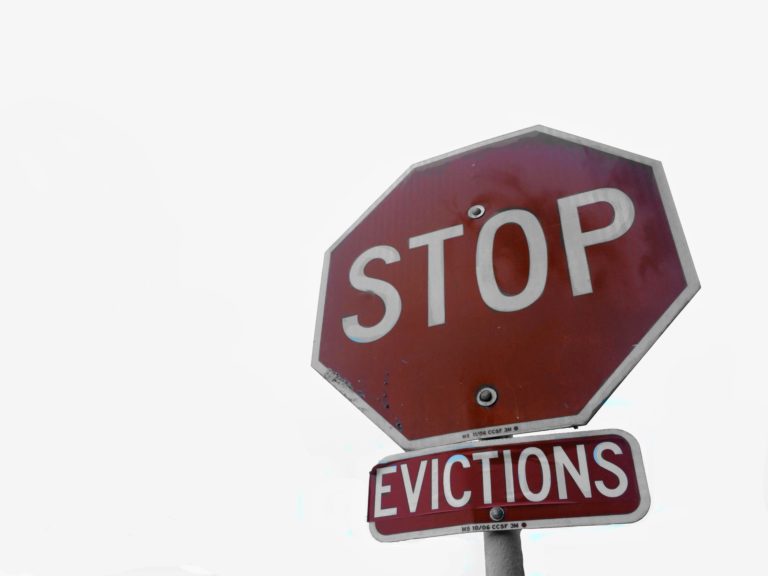
Colorado's Looming Eviction & Rental CrisisBy September, nearly 420,000 Coloradans will be at risk of evictions, having accumulated nearly $765 million in rental debt. Unless action is taken, Colorado could experience an eviction and rental crisis larger than the Great Recession.
|
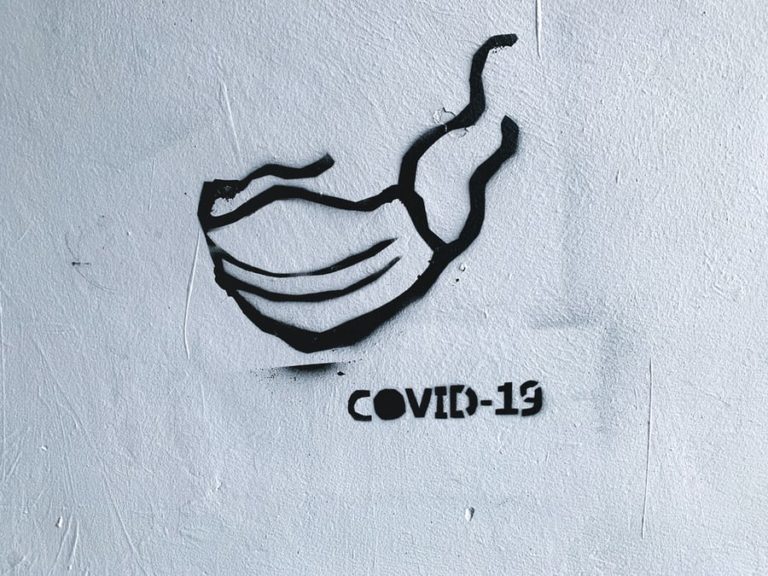
Lasting Damage: COVID-19’s Toll on Colorado's Strapped State BudgetThis in-depth blog outlines the economic conditions that are forcing false choices and deep cuts that will lead to lost opportunities for Coloradans, exacerbate and increase inequities, and lead to future costs far greater than those of prevention.
|

Colorado Recovery HubThe Bell's Recovery Hub is a central location for credible information, ideas, analysis, and resources relevant to the immediate and future responses Colorado can undertake to respond to our changing environment.
|

Secure Savings: How the Racial Wealth Gap Manifests for Older ColoradansWhile Secure Savings alone will not close Colorado’s racial wealth gap, it will go a long way toward building assets and security for all Coloradans — particularly Coloradans of color — in retirement.
|
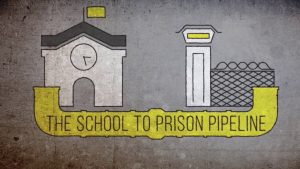
Colorado's Racial Wealth Gap: Mass Incarceration & the School-to-Prison PipelineMass incarceration is both a product and cause of the racial wealth gap. This brief examines the policies and history that created and continue trends affecting Coloradans of color.
|

Colorado's Racial Wealth Gap: Homeownership & CreditThe first brief in our racial wealth gap series considers the impact of homeownership and credit on wealth, introducing unique state-level statistics.
|

The Racial Wealth Gap: A PrimerDespite some progress on racial equality since the 1950s, America's economy lags behind. Has our country really grown more inclusive and equitable?
|

Colorado's Retirement Crisis: Updated Data & AnalysisNearly one million Colorado private sector employees in their prime working years don’t participate in a workplace retirement plan. Learn more with our latest data and analysis.
|
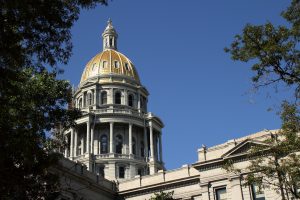
The Predatory Lending LandscapeAs more states prohibit egregious interest rates, consumers are saving money and avoiding long-term financial pitfalls like bankruptcy. While Colorado has made significant progress, it’s imperative we don’t let our guard down in this new environment.
|

The Future of Work: Implications for Colorado WomenColorado's economy depends on working women, yet Colorado women cannot depend on our current workplace policies, regulations, politics, and societal norms.
|
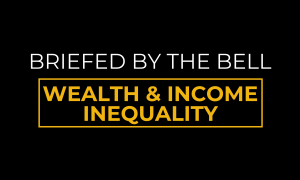
Briefed by the Bell — Wealth & Income InequalityDid you know the top 1 percent takes in 16.6 percent of all income in Colorado? Find out what we can do to address rising inequality in Colorado.
|
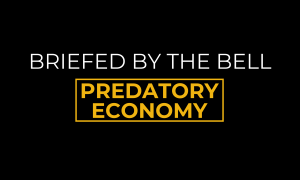
Briefed by the Bell — Predatory EconomyThe predatory economy is at work in Colorado. The question now is what will our policymakers do to stop it?
|
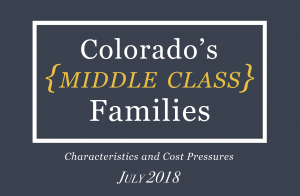
Colorado Middle Class Families: Characteristics & Cost PressuresA new study highlights a scary truth: Achieving a middle class lifestyle is impossible for most Colorado families with actual middle-income levels. Read the full findings now.
|
1
2

